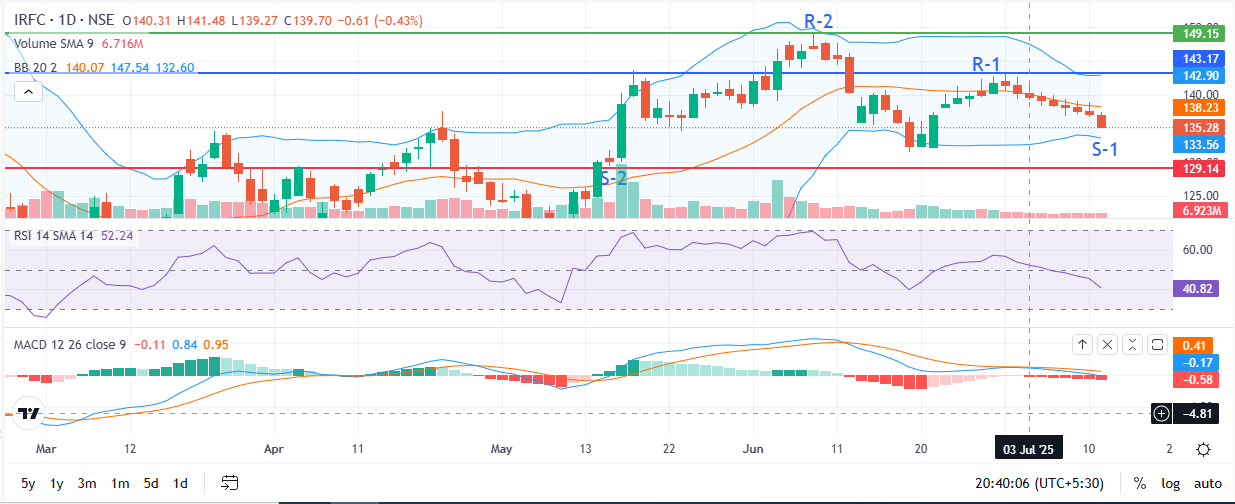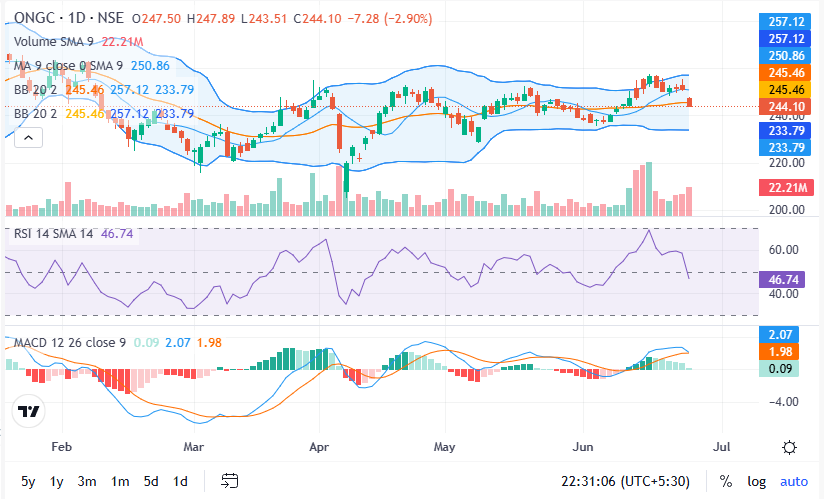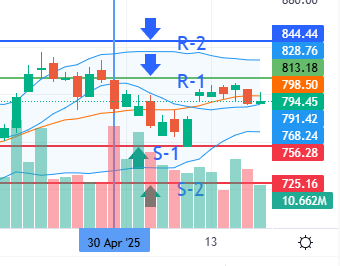Overview
Knowing the fundamentals of stock investing is more crucial than ever, especially in India, where retail stock market involvement is on the rise. A Demat account, a digital platform that serves as the cornerstone of contemporary stock trading, is a necessary step in accessing the equities market. The first step in diversifying your financial portfolio, investing in mutual funds, or purchasing equity shares is opening a Demat account. How to open one in 2025 and why it’s necessary are explained in this post.
A Demat Account: What Is It?
An electronic account that stores your financial securities in digital form is called a Demat (Dematerialized) account. Stocks were traditionally issued as tangible certificates. However, owning shares in physical form is no longer relevant due to digitization and the growth of online investment platforms.
Your Demat account keeps:
Shares of equity
Bonds
Units of mutual funds
Exchange-Traded Funds, or ETFs
Securities issued by the government
Depositories such as NSDL (National Securities Depository Limited) and CDSL (Central Depository Services Limited) hold these assets digitally.
Why a Demat Account Is Necessary in 2025
1. Stock investment is required.
It is legally required to have a Demat account to trade or invest in the Indian stock market. You are unable to hold or trade equity shares without it.
2. Safe and Practical
Physical share certificates might be lost, stolen, or damaged. By securely and electronically storing your funds, a Demat account removes these dangers.
3. Fast Settlements
In India, where T+1 settlement cycles are now common, a Demat account allows for quicker securities transfers following trade execution. This enhances the entire financial ecosystem and increases liquidity.
4. Simple Portfolio Administration
Your Demat account makes it simpler to track and effectively manage your investment portfolio by providing a consolidated view of all your holdings, including stocks, bonds, mutual funds, and more.
5. Paperless and Cost-Effective
Demat accounts do away with the need for transactional documentation. Additionally, they lower handling fees and stamp duty that were previously connected to actual shares.
Essential Elements Required to Run a Demat Account
You usually need two accounts in order to participate fully in the equity market:
Demat Account: Used to store digital securities.
Trading Account: To purchase and sell stocks on the stock market.
With a broker, it is frequently possible to open both accounts at the same time.
How to Create a 2025 Demat Account
Nowadays, opening a Demat account is a simplified, mostly paperless procedure. This is a detailed guide:
Step 1: Select a Participant in the Depository (DP)
Intermediaries permitted to provide Demat services by NSDL or CDSL are known as Depository Participants. In India, well-known DPs include:
Zerodha
Groww
Angel One
Upstox
ICICI Direct
HDFC Securities
Select a DP by considering aspects such as customer service, mobile app quality, brokerage fees, and user interface.
Step 2: Complete the online form
Fill out the application on the DP’s website or mobile app. You will have to supply:
The PAN Card
The Aadhaar Card
Details of the bank account (cancelled check)
Digital or scanned signature
A photo the size of a passport is optional.
Step 3: Finalize your KYC confirmation
Know Your Customer (e-KYC) verification is available on most platforms. You might be required to:
Add documents.
Use a webcam or cellphone camera to perform an in-person video verification.
Use Aadhaar OTP authentication to digitally sign
Connect Your Bank Account in Step Four
For investment transactions, this permits money transfers between your bank and the trading account that is connected to your Demat account.
Step 5: Get Account Information
You will receive your Client ID and Demat account number following verification. Equity shares can now be purchased, sold, and held digitally.
Demat Account Types
You can select from the following options based on your needs and residential status:
Typical Demat Account: For citizens of India
For NRIs, a repatriable demat account enables international money transfers.
Non-Repatriable Demat Account: This account is for NRIs, but money cannot be moved overseas.
Expenses Related to a Demat Account
Despite the fact that starting a Demat account is frequently free, there are a few fees to consider:
Charges for creating an account (some DPs waive this)
The average annual maintenance charge (AMC) is between ₹300 and ₹500.
Transaction fees for securities sales
Rematerialization and dematerialization fees are rarely necessary for the majority of customers.
Examine these expenses on various platforms prior to deciding on your DP.
Typical Errors to Avoid Ignoring Unstated Fees: Read the fine print at all times.
Idle accounts: AMC is charged by several DPs even when no trades are done.
Making unnecessary use of several accounts: When feasible, combine for simpler administration.
Not updating the KYC information To prevent transaction problems, keep your bank and contact information up to date.
Advice for Novice Investors
Begin modestly: Long-term wealth can be created using SIPs with as little as ₹500 per month.
Concentrate on index funds or blue-chip equities; these are safer for novices.
Keep an eye on your holdings on a regular basis. This is easy with your Demat account dashboard.
Keep abreast of financial developments: For current insights, follow reputable sources such as NexGen Trade.
In conclusion
Your entry point to the Indian stock market is a Demat account. It’s a contemporary, effective, and safe method to handle your money and make wise investing choices; it’s not only a technical necessity. It has never been simpler to open and manage a Demat account because to the rapid digitization of 2025. This account is the foundation of your financial journey, regardless of whether you intend to invest in mutual funds, stock shares, or exchange-traded funds (ETFs).
Disclaimer:
This is not the advice on investment; rather, it is meant to be educational and informative only. There are risks associated with stock market investment, therefore before making any decisions, readers should conduct independent research or speak with a licensed financial counselor. The author’s thoughts are their own and may not represent those of this blog or its affiliates.




